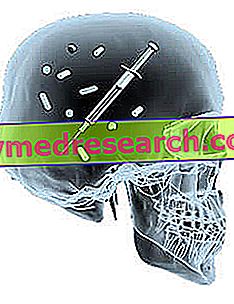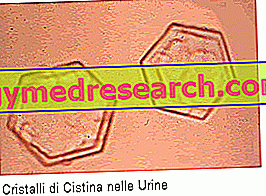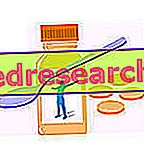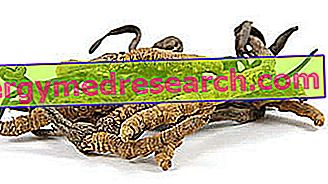By Dr. Annalisa Subacchi
By now the word doping has become commonplace in the Italian vocabulary. Every day the TV tells us about athletes found positive for doping: we talk about doping for cyclists, soccer players, marathon runners, body builders ... in short, for most athletes. However we must not think that the doping substances are so far from our daily life: in fact, we too in our small use substances that we believe to be harmless, and that instead give us energy and power like the same performance-enhancing substances. Even a simple medicine bought in a pharmacy or supermarket, if taken in a particular context is considered doping, otherwise it is legal; in any case it is always a substance linked to doping.

The origins of the word are different: "dop", an alcoholic beverage used as a stimulant in the ceremonial dances of southern Africa. Another hypothesis holds that the term derives from the Dutch word "doop" (a thick sauce) that entered American slang to describe how robbers drugged their victims by mixing tobacco and stramon seeds, which causes hallucinations, sedation and loss. By the 1990s, "dope" was referring to the preparation of drugs that improved the performance of horse races.
Whenever we think of doping substances, attention returns to drugs such as amphetamines, dopamine and erythropoietin. Yet we too, in our own small way, are " chronic doped ".
Simple coffee, for example, is a doping substance. In fact, coffee increases blood pressure, is an excitement, causes insomnia, tachycardia and increases diuresis and basal metabolism. It can also interact with the absorption of certain food substances. Just think for example of iron, which is badly absorbed in the body if too much caffeine is taken. Furthermore, scientific research has shown that coffee consumption leads to an increase in total cholesterol (0.08 mmol / l per cup of coffee (100 mg of caffeine), as boiled coffee has 1-2 grams of extra fat compared to filtered coffee).
Other substances often used in everyday life are represented by local anesthetics such as bupivacaine, lidocaine, mepivacaine and procaine, substances similar to cocaine often present in creams used to prevent pain or itching; these molecules can be recovered on the market in patches, gels, creams and nasal sprays. Substances, therefore, that any healthy individual has consumed at least once in their lives.
Even diuretics are considered doping substances in sports. In fact, these substances increase the speed of urinary flow and the secretion of sodium, often coupled with chlorine to form sodium chloride (cooking salt), which when held in an excessive way in the blood is responsible for swelling and water retention. However the abuse of diuretics, even in daily life, in the long term leads to an excessive loss of these ions, up to - in extreme cases - collapse and death. Often used during low-calorie diets, just to reduce water retention, diuretics, even if sold freely, should only be taken under strict control by the specialist. In extreme cases of intake, for example for those who practice body building at extreme levels, usually the diuretic is administered before an exhibition to emphasize the musculature; however, if the athlete is not kept under strict medical supervision, an excessive decrease in blood pressure can occur, with shock, coma and death.
Alcohol : doping substance in sports and prohibited for those who must drive, but there is always the saying "a glass of wine a day keeps the doctor away". True?
Alcohol is present not only in wine but also in some over-the-counter products that can be purchased without a prescription, for example in some inhalers or products used as sedatives. In small doses, as the saying goes, wine, and therefore alcohol, is useful because it is rich in antioxidants, polyphenols which are transferred to the final product when in the skins of the grape during wine making; these are substances capable of neutralizing free radicals, molecules or atoms naturally produced by our body, but related to premature aging and various diseases when over-synthesized. At high doses the alcohol inhibits the synapses of the central and peripheral nervous system; consequently our neurons appear to be slowed down, in this way the continuous administration of alcohol leads to loss of consciousness up to heart block and death (ethyl coma).
It is important to understand exactly what we eat, whether it is a food substance or a drug. We also do not think that "legalized" or, better, "free" prescription products are safer than a real drug; in fact, we are always coming into contact with chemicals formed by molecules that could interact negatively with those of our body. Hence the importance of avoiding "do it yourself"; always ask for the support and also the advice of a professional before ingesting particular substances, because as a well-known aphorism says: eating is a necessity, eating intelligently is an art . (La Rochefoucoult).



